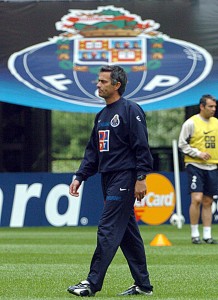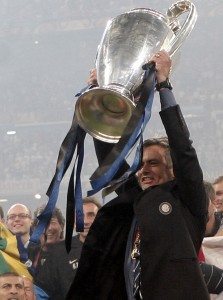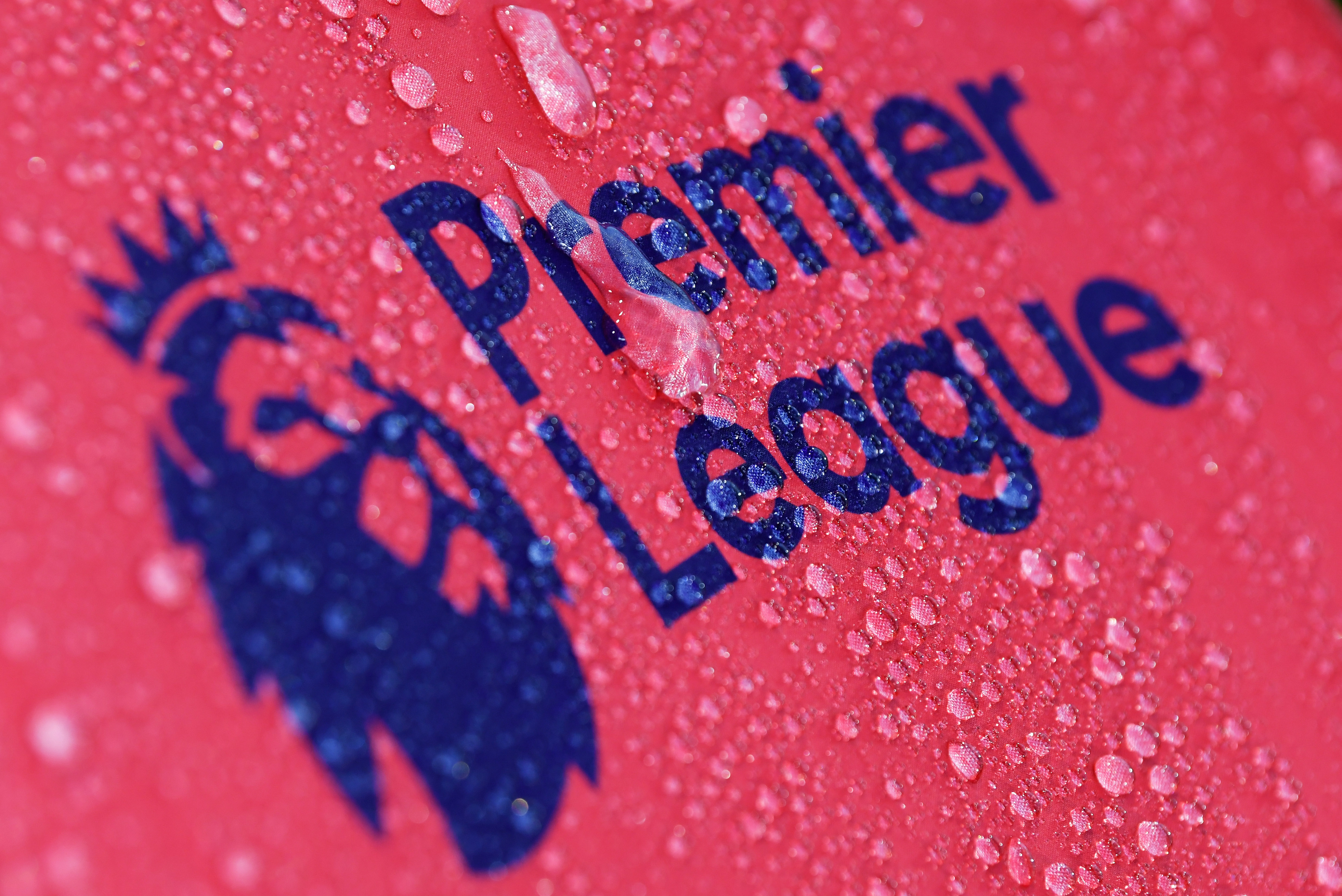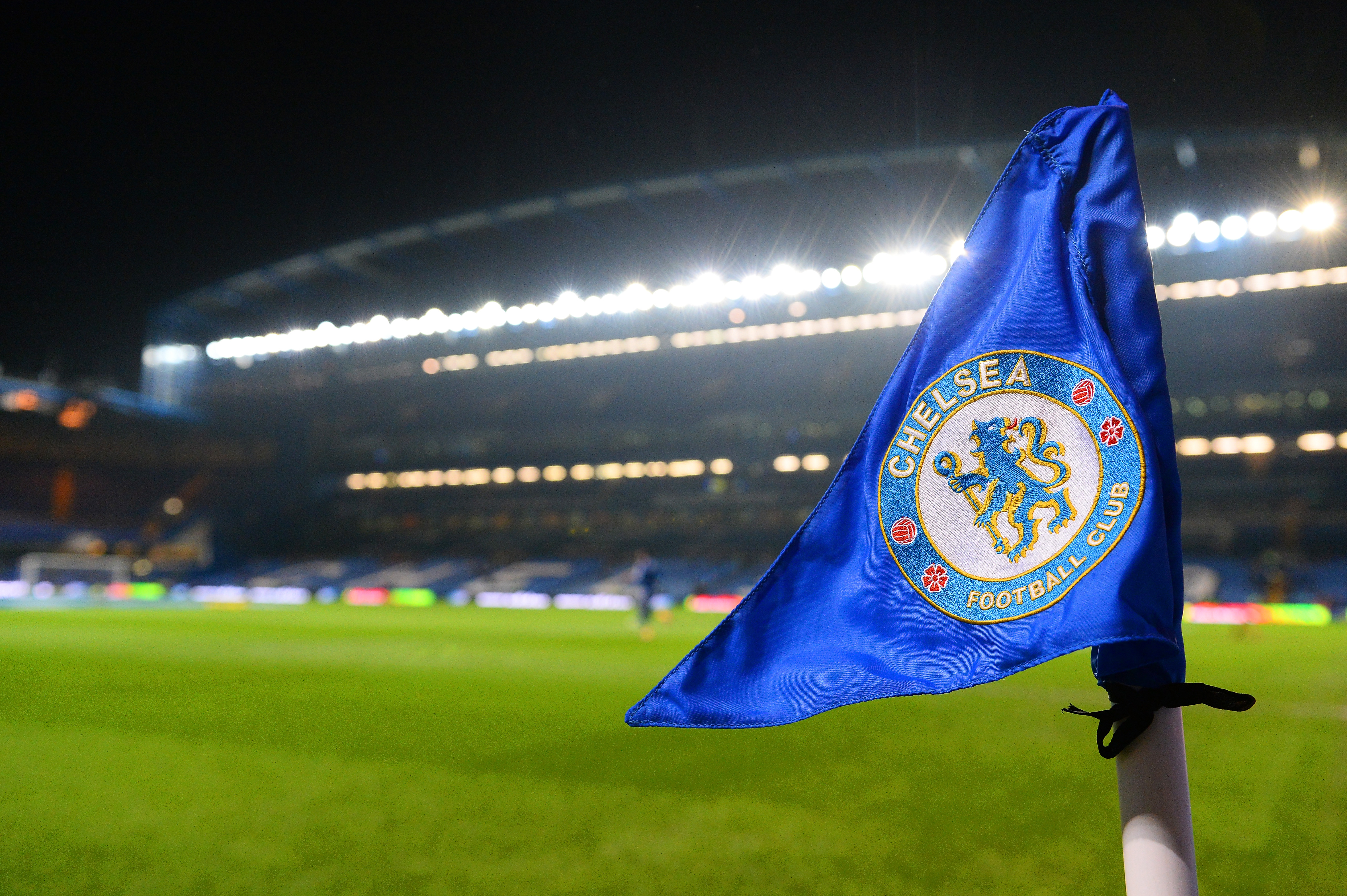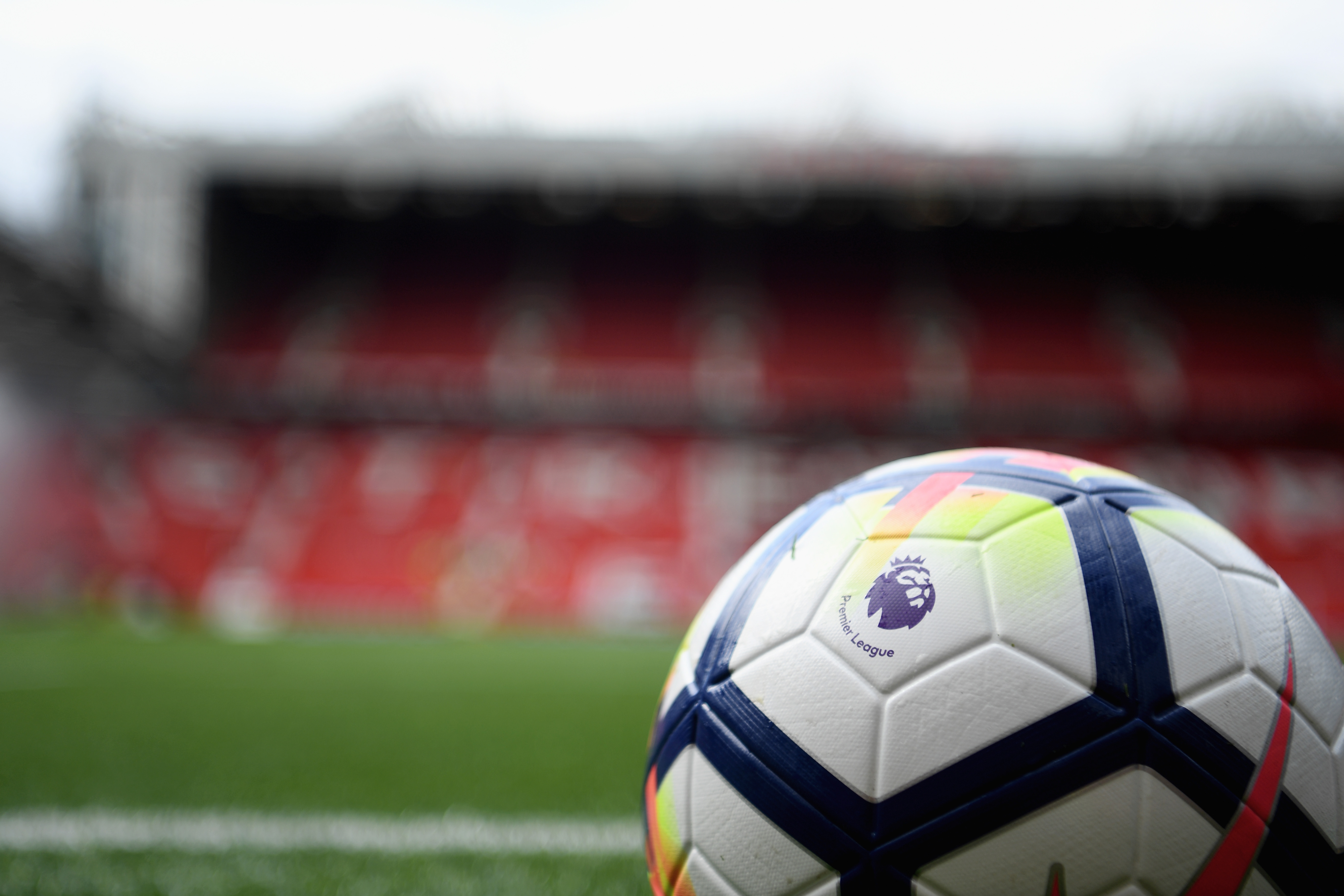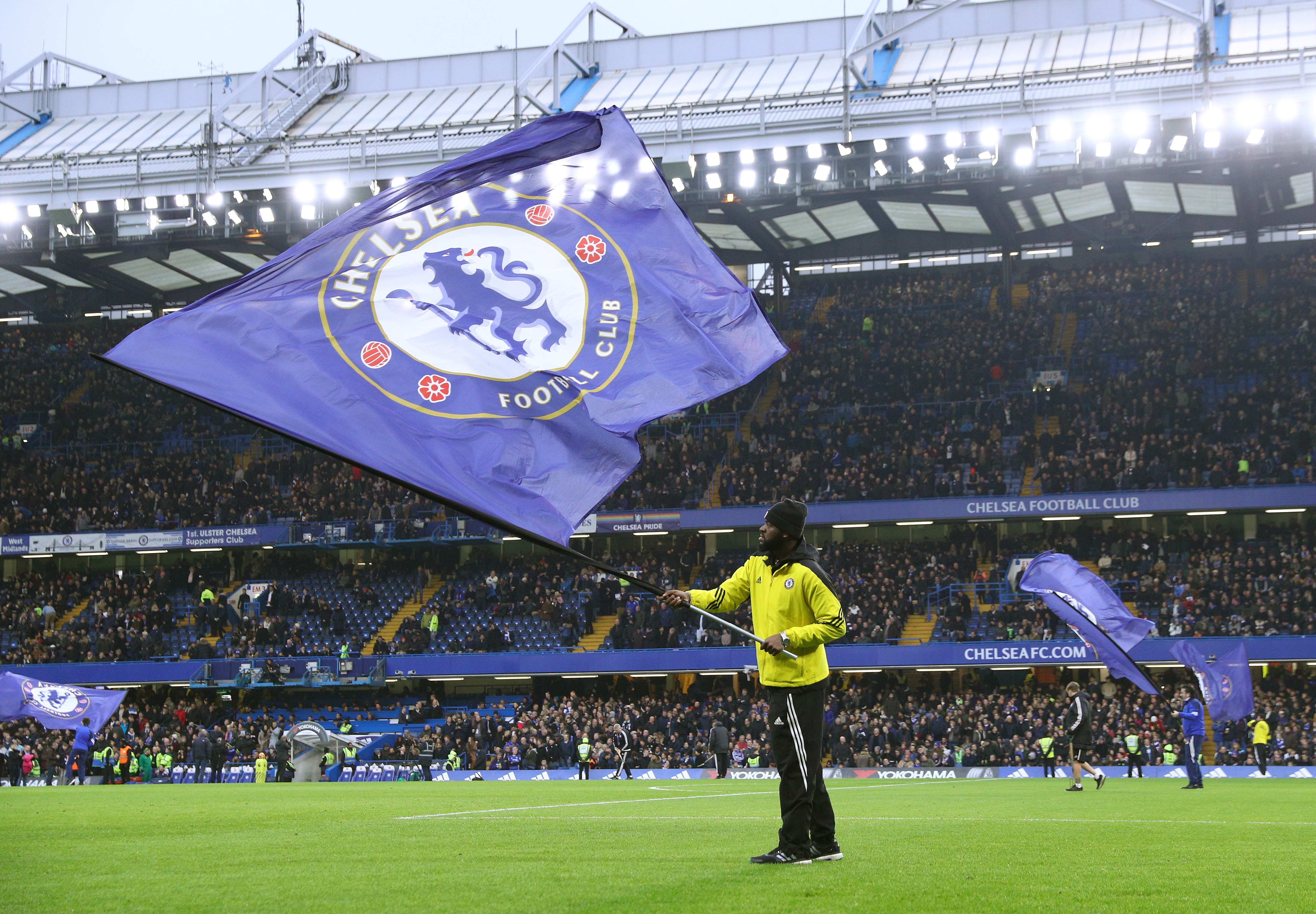Opinion about Jose Mourinho is usually split between two extremes. While some worship the ground on which he treads, others just can’t stand the sight of him. However, one thing that nobody can deny is the fact that he has won 18 major trophies in his 15 years of football management.
To put that into perspective, retired Manchester United manager Sir Alex Ferguson had won 33 major accolades in a career spanning 39 years. However, after being sacked by Chelsea FC for the second time, one is compelled to ask at what cost does Mourinho get these titles for his clubs?
Let’s get straight into the crux of the matter. Mourinho has of course gained a lot of success, but has often been accused of buying his way to the top. If one looks at all the clubs where he had attained success, it is quite clear that the Special One loves to take the reins at the Special (or big) clubs.
With names like Benfica, FC Porto, Chelsea FC, Inter Milan and Real Madrid in his CV, it would be really difficult to find a club of relatively lower stature, where he might have worked his magic. After assistant managerial stints at clubs like Sporting Lisbon, FC Porto and FC Barcelona, Mourinho had shown a lot of promise as a tactician, something that was spotted by both Louis van Gaal and Sir Bobby Robson.
However, after a short managerial stint at Benfica, followed by disagreement with the board and an instant resignation, Mourinho joined UniA?o de Leiria — a club that was already challenging the supremacy of the top Portuguese clubs back then. To his credit though, he managed to guide them to the fifth spot on the table, earning him a move to top club FC Porto. This is where he perhaps developed the habit of spending.
The ‘Expensive’ One?
At the helm of one of the top teams in Portugal, Mourinho went about gathering the best squad that he could get, spending around A?10 million on new signings. Now, this does not seem to be that extravagant in the contemporary context, but A?10 million was quite a lot of money for FC Porto back then, and was in fact the highest expenditure in the league that season.
Of course he backed up his expenditure with results — winning the League, and the UEFA Cup in 2002/03 — but that seemed to have earned him the right to spend another A?10 million next season. This got him the Champions League. It’s very easy to be sceptical about his spending, but we do need to keep in mind that although he had spent a lot of money in the Portuguese club, it was nowhere near the amount some of the European giants like Real Madrid, FC Barcelona, Manchester United and Bayern Munich were capable of dishing out.
However, his real expenditures began once he arrived at the doorsteps of Stamford Bridge. Mourinho was able to capitalise on the ambition of Roman Abramovich to turn Chelsea FC into a European giant, and signed 14 players in his first season that set the Russian millionaire back by A?140 million. This was a completely unprecedented scenario in English football, and other clubs like Manchester United, Manchester City, Liverpool FC Arsenal FC and even Tottenham Hotspur have subsequently gone on to spend big bucks in later seasons.
Add another A?80 million to that in the second season, and Mourinho gave Roman back-to-back Premier League titles, at the cost of roughly A?220 million. Yet another A?80 million was spent in the third season, but lack of results in the initial part of the season meant that he was soon booted out. Money does buy success, but failure to use it wisely also leads to loss.
Many would argue that Mourinho’s Champions League success at Inter Milan was proof that he does not need to spend big. However, that was an Inter Milan side that was arguably the sole challenger to the Italian throne after the Calciopoli Scandal, which brought top clubs like Juventus and AC Milan to their knees. Also, Mourinho spent a total of A?133 million in his two seasons at Inter Milan.
At Real Madrid, he had spent A?154 million in three seasons, which is not really that significant for Los Blancos, but we must remember that this expenditure was made on ‘strengthening’ a squad that was already worth more than A?200 million. The subsequent title at Chelsea also cost quite a lot, as Mourinho spent another A?112 million from Abramovich’s purse.
In fact Mourinho’s career signings are almost touching the A?800 million mark, an extraordinary figure. While it is true that the top clubs do need to spend to get the best players in the world, Mourinho’s extravagance means that each of his 18 major titles have cost more than A?40 million.
The Mourinho Effect
The Portuguese undoubtedly has a huge effect on his clubs, winning them a number of trophies. His record speaks for itself. However, what happens to the clubs that he leaves?
The obvious answer is of course — not so well. While it is quite understandable for a club to suffer after the departure of a great manager, this has been an undeniable trend for the clubs that Mourinho has left in the past. Although Chelsea FC and Real Madrid had the monetary backing to sustain such a dip, others did not.
Portuguese giants FC Porto suffered a trophy-less season after Mourinho left, while Inter Milan also suffered the worst from his departure. The Nerazzuri initially conceded the Scudetto to arch-rivals AC Milan, and then went on to slip further down the table in the subsequent seasons, dropping out of the Champions League spots and ending sixth, ninth and fifth in the 2011/12, 2012/13, and 2013/14 seasons respectively.
Mourinho has also had a lot of effect on his players. There are a number of players who have remained faithful to the Special One, having played some of their best football under him. The likes of John Terry, Didier Drogba, Ricardo Carvalho, and Zlatan Ibrahimovic immediately spring to mind.
However, the fact remains that since Mourinho is prone to signing players at the prime of their careers, they are not left with much in the tank, when he leaves the respective club. The likes of Carvalho (post Real Madrid), Diego Milito, Maicon and Wesley Sneijder are testament to that fact. In fact, Mourinho’s reliance on ‘experienced’ players is something that has hit Inter Milan really bad after he left, so much so, that they turned into a mediocre club for three seasons.
Meanwhile, his latest season at Chelsea FC saw the defending Premier League champions descend into the lower part of the table, hovering just one point above the relegation zone, when he left them. This is not to disprove that Mourinho is a top manager, which of course he is. But perhaps the Special One needs to take a bit more care regarding the sustainability and future consequences of his ways.

